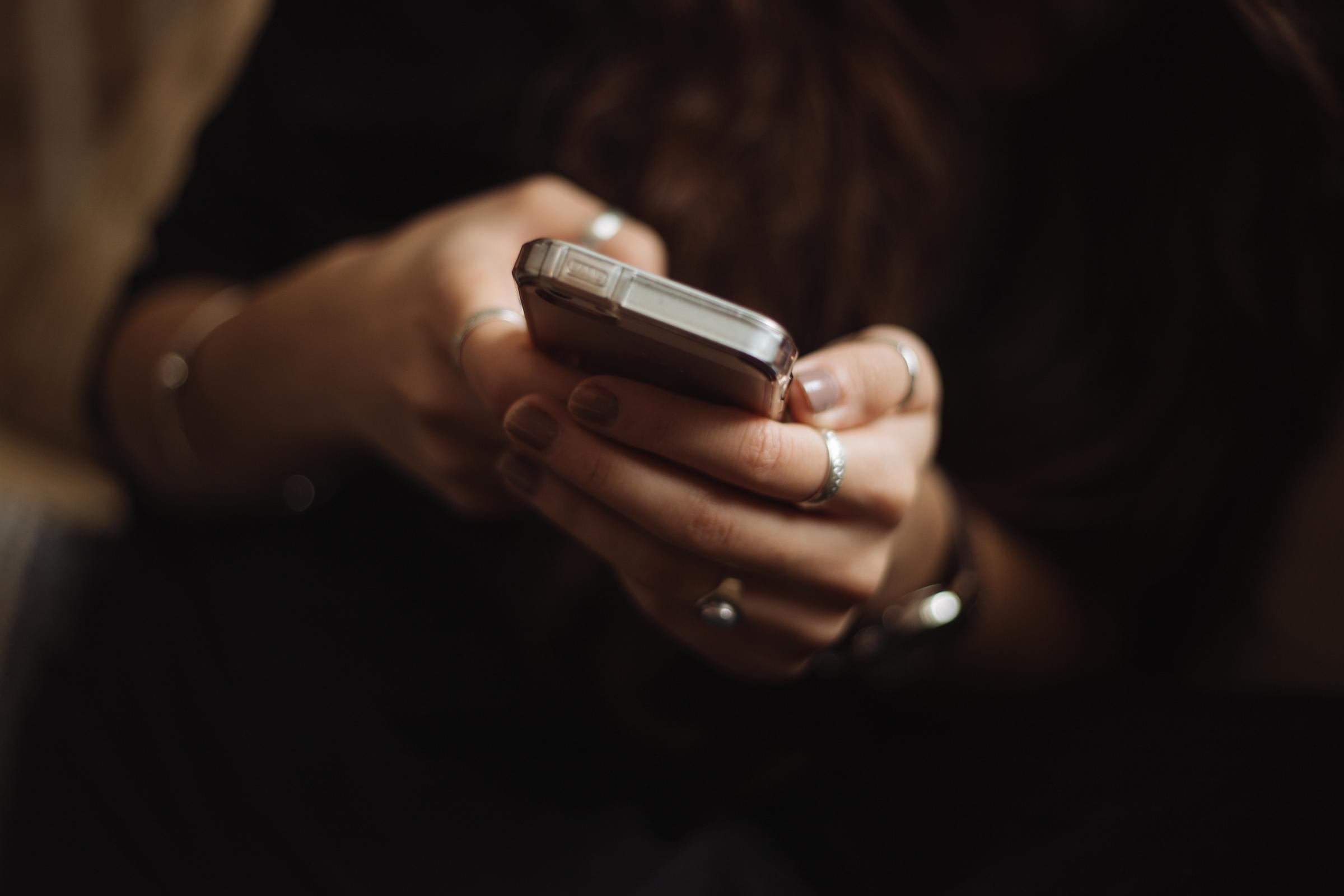Keeping Young People Safe Online

There is no doubt that technology and online platforms have the potential to enhance students’ learning and provide them with social connection and support. At the same time, there are risks inherent in the online world, such as exposure to explicit content, online grooming, and cyberbullying. At MGC, online safety is directly addressed across Years 7 to 10 in the Connected World, Health and Wellbeing curricula. Students explore a range of topics including digital citizenship, cybersecurity, social media use, consent, sexting, and online bullying.
Parents can guide young people’s use of technology to enable them to develop their critical thinking about risks and benefits, and build their skills in managing online safety.
Tips for supporting young people with online safety:
- Encourage young people to consider who they connect with online.
- Talk about warning signs for inappropriate contact, such as people asking for a lot of personal details, encouraging secrecy, or pressuring them to meet up in person. Inappropriate contact may come from strangers or people they know.
- Ask young people to refuse friend requests from people they don’t know, and to delete people they don’t know or no longer talk to from their social media accounts.
- If your child wants to meet up with someone they have met online, it is preferable that this occurs with you or another supportive adult, and that they communicate where and when they are going with a trusted person.
- Review privacy settings regularly. Encourage young people to set their social media accounts to private.
- Report any unwanted contact to the social media platform and block the accounts.
If a young person shares with you something that has gone wrong in their online lives, such as sharing a photo or having contact with someone that has made them feel uncomfortable:
- Try not to judge: when young people feel ashamed or embarrassed they are more likely to be secretive.
- Record evidence: dates and times of any online incidents, the service or platform involved, user names or accounts. It is helpful to take screenshots of any evidence before deleting or blocking accounts – however, be aware that possessing sexualised images of children or young people is an offence.
- Report concerns:
- The eSafety Guide explains how to report harmful content on games, apps and social media https://www.esafety.gov.au/key-issues/esafety-guide . If the issue is not acted upon within 48 hours, report to the Office of the eSafety Commissioner.
- Cyberbullying, image-based abuse (sharing of intimate images, sexual extortion), and online child sexual abuse material can be reported to the Office of the eSafety Commissioner https://www.esafety.gov.au/report
- You may also contact police to discuss your concerns.
More information can be obtained from the resources below:
MGC Digital Technologies Policy is accessible on the MGC Website under Policies.
